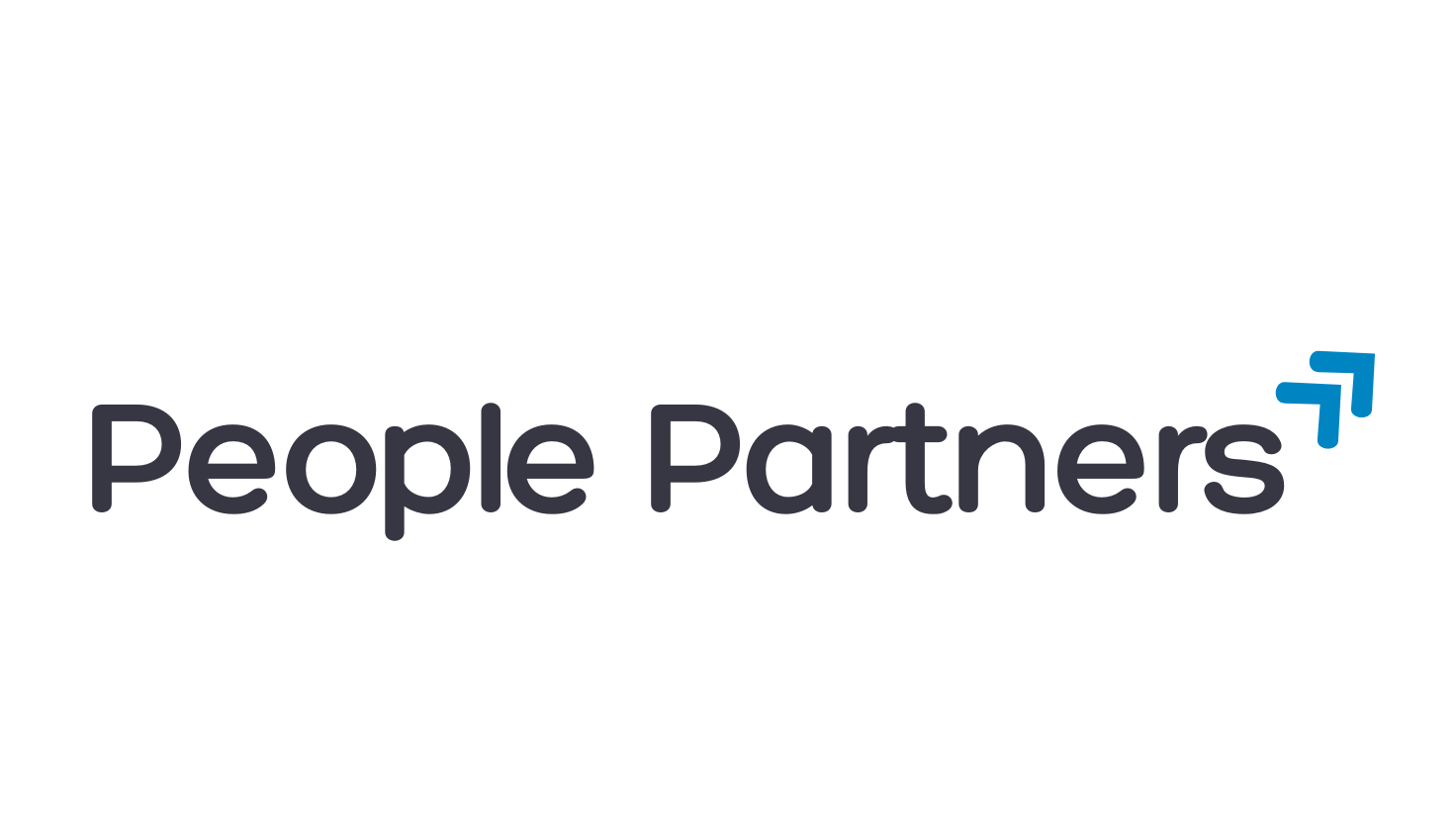D&I, Employer Branding
Why should DEI be at the heart of every organisation?
In today’s increasingly complex and interconnected world, Diversity, Equity and Inclusion (DEI) is no longer a peripheral issue, it’s a central pillar of sustainable, responsible, and forward-looking organisations.
Whether in the private, public or social sectors, cultivating inclusive cultures is essential not only for ethical and social reasons, but also for building healthy, innovative and resilient workplaces.
What Do We Mean by DEI?
Diversity refers to the presence of differences, be they of gender, ethnicity, age, ability, sexual orientation, or socioeconomic background, within an organisation.
Equity ensures that all individuals have fair access to opportunities and resources, acknowledging that different people may need different support to thrive.
Inclusion is about creating a culture where everyone feels respected, valued and able to contribute fully, regardless of their identity or background.
These three elements are interconnected and mutually reinforcing. One without the others is not enough.
The Legal and Ethical Framework in Portugal
In Portugal, the legislative environment increasingly reflects the importance of DEI. Several laws and directives encourage or require organisations to promote equality and prevent discrimination:
The Portuguese Constitution enshrines the principles of equality and non-discrimination.
Labour legislation includes specific obligations on equal pay, parental rights, reasonable accommodation for disability, and non-discrimination on multiple grounds (gender, ethnicity, religion, sexual orientation, etc.).
The General Labour Law and Code of Work include clear directives on inclusive recruitment, workplace dignity, and protection against harassment.
At the European level, the transposition of directives such as the Equal Treatment Directive, the Work-Life Balance Directive, and the Corporate Sustainability Reporting Directive (CSRD) further reinforces the legal imperative for action.
For organisations, these frameworks are not merely compliance requirements, they are opportunities to rethink internal policies, address structural inequalities, and lead with purpose.

Why is DEI strategic, not just ethical?
When organisations invest in DEI, they are not only doing what is right, they are also unlocking human potential, strengthening team cohesion, and enhancing their capacity to adapt in a fast-changing world.
Inclusive workplaces are more attractive to talent, more aligned with stakeholder expectations, and more capable of building trust with diverse communities.
More importantly, organisations that prioritise equity and inclusion are better equipped to anticipate risks, avoid reputational damage, and ensure that decision-making reflects a variety of perspectives.
The Role of Leadership and Culture
DEI is not achieved through isolated initiatives or compliance checklists. It requires:
– Leadership commitment, clear and consistent alignment from top management, not just verbal support.
– Structural change, policies and systems that actively promote fairness and remove hidden barriers.
– Ongoing learning, from unconscious bias awareness to inclusive communication practices.
– Listening and engagement, creating channels for employees to share experiences and help shape the culture.
An inclusive culture does not emerge by chance. It is the result of intentional actions, accountability, and an openness to challenge the status quo.
Our commitment and partnership with you:
As a DEI consultancy in Portugal, our mission is to support organisations in building environments where diversity is respected, equity is promoted, and inclusion is lived day to day.
We offer:
– Tailored training programmes
– Strategic advice for embedding DEI into HR and governance
– Policy review and inclusive communication guidance
– Support in aligning with legal requirements and good practices
Our approach is pragmatic, human-centred, and always adapted to the realities of each organisation.
Final Thoughts
Inclusion is not a trend, it’s a responsibility and a strategic advantage.
In Portugal, the path to more equitable and inclusive organisations is gaining momentum, but it requires courage, clarity, and continuity. The question is no longer whether to act on DEI, but how.
Organisations that take this journey seriously will not only meet legal and social expectations, they will help shape a fairer and more sustainable future.

